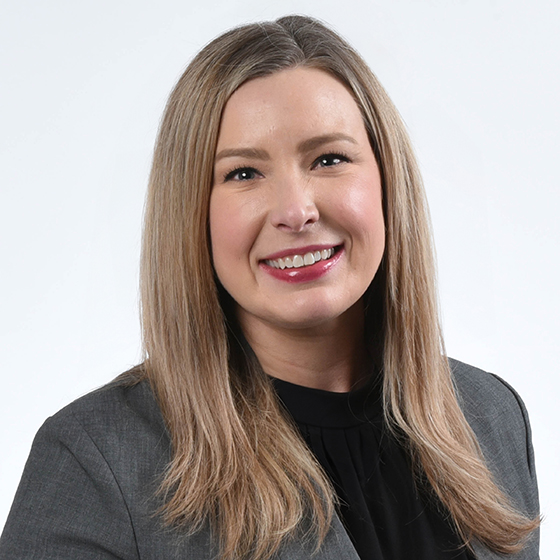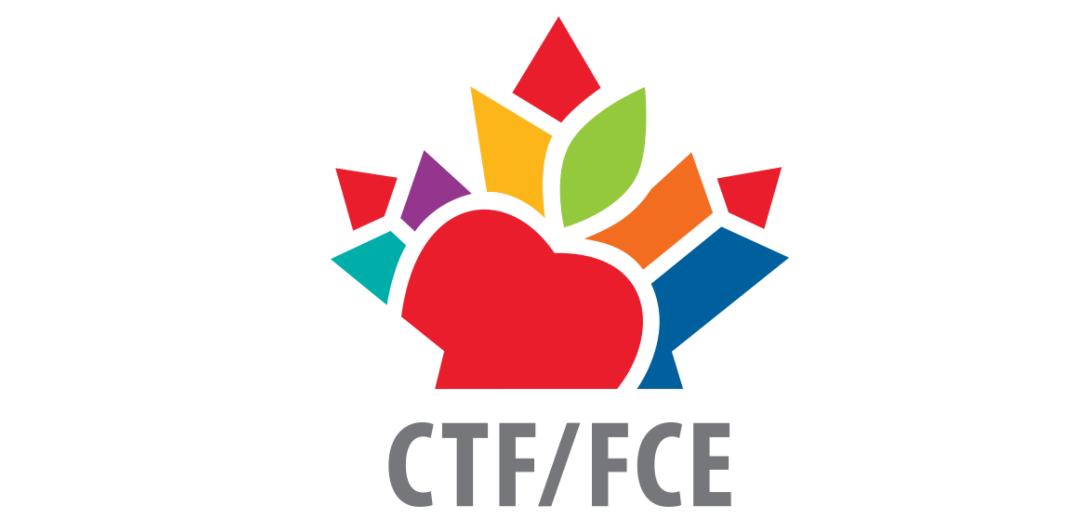When it comes to curriculum change, there is no end in sight.
Four years ago, on March 29, 2021, Alberta Education released a draft kindergarten to Grade 6 (K–6) curriculum package that was the subject of widespread criticism. Since September 2022, the ministry has implemented new K–6 curriculum in six subject areas. This school year, the ministry is also piloting a seventh subject in classrooms across Alberta — K–6 social studies — and has started work on junior high curriculum development.
With junior high curriculum development and engagement processes under way, Alberta Education recently announced its intention to release draft 7–9 mathematics and social studies, 7–10 physical educational and wellness (PEW) and career and life management (CALM) curriculum, with optional piloting scheduled for the 2025–26 school year. The ministry is also aiming to begin curriculum development engagements this September on 7–9 English language arts and literature (ELAL), French immersion language arts and literature, French first language and literature, and science curriculum, as well as Grade 10 social studies.
The pace of curriculum change in Alberta has been unrelenting. The demands placed on teachers are being compounded as well by the implementation of literacy and numeracy screening assessments, the shift to a digital provincial assessment platform and an inconsistent approach to curriculum development, engagement and implementation.
Curriculum development and engagement
As the ministry’s curriculum development and engagement strategy has evolved, there has been a slow shift toward including more teacher consultation. In fall 2023, the ministry struck three separate groups to consult on the K–6 social studies curriculum draft, and one of these groups was a teacher curriculum consultation group (TCCG). This school year, when the ministry announced the commencement of junior high curriculum development work, TCCGs were struck for each subject currently under development. Unlike the social studies TCCG, this year the Association was invited to nominate one member for each TCCG. The Association has been invited to consult on draft curriculum content shared with all TCCGs.
These TCCGs are consultative in nature. Rather than having a seat at the curriculum-writing table, teachers who are TCCG members are provided draft curriculum content and submit feedback on the drafts.
Although the ministry included other engagement opportunities since 2021, such as feedback surveys, virtual engagement sessions and teachers’ convention curriculum engagements in 2024, teachers continue to lack confidence in the curriculum, in part, due to lack of direct involvement in curriculum writing.
Teachers are dissatisfied with the degree to which their feedback is used to inform curriculum development and revision. For example, teacher concerns regarding the new mathematics curriculum continue to go unresolved. Teachers have also expressed concern that a plan to address the outdated fine arts curriculum has not yet been announced.
Piloting and implementation
Another shift evident over time is the ministry’s evolving approach to curriculum piloting and implementation. April 2022 saw the release of new K–6 ELAL, mathematics, and PEW curriculum that were piloted by a small cross-section of Alberta’s students and teachers. Only five months later, the K–6 PEW and K–3 ELAL and mathematics curriculum were implemented in Alberta classrooms, resulting in an outcry of concern and dissatisfaction from elementary teachers. Since this time, there has been a shift toward optional implementation years and piloting processes that allow more time for curriculum to be test run in more classrooms.
Although these developments represent a significant shift from the ministry’s original intentions to implement all K–6 curriculum at once (which were walked back by former education minister Adriana LaGrange in December 2021), teachers continue to be overwhelmed by a demanding piloting and implementation schedule that is far from curriculum implementation best practice.
With the pilot of K–6 social studies curriculum currently under way across the province, the ministry has plans to release a revised draft this spring with K–3 implementation and 4–6 optional implementation scheduled for September 2025. It remains to be seen whether feedback from piloting teachers will be addressed in this revised draft, but the Association will continue to advocate for teachers’ voices to be heard.
On the horizon
Although the ministry has not announced whether TCCGs will be struck for next year’s anticipated curriculum development work, teachers interested in becoming involved should stay tuned for ministry announcements in the coming months. ❚
More information on curriculum implementation is available online |

Executive staff officer


